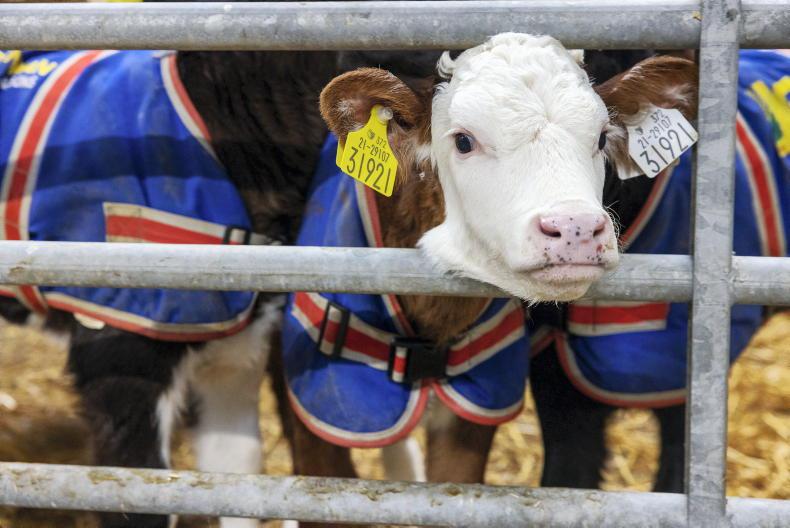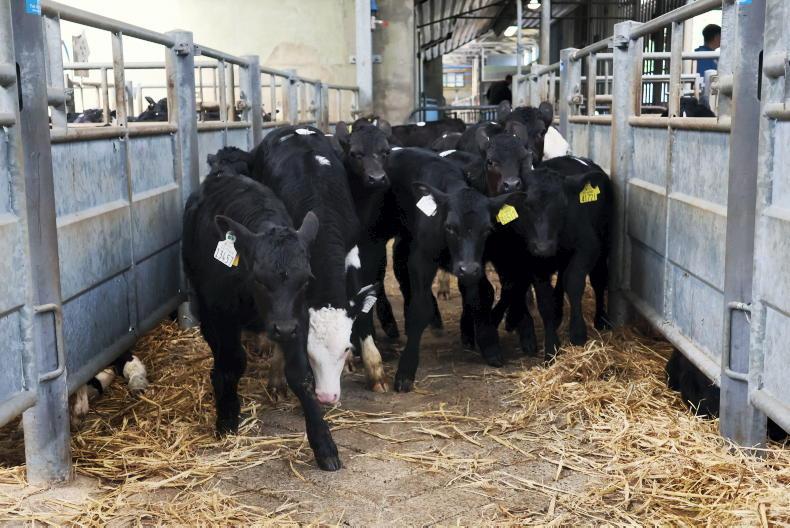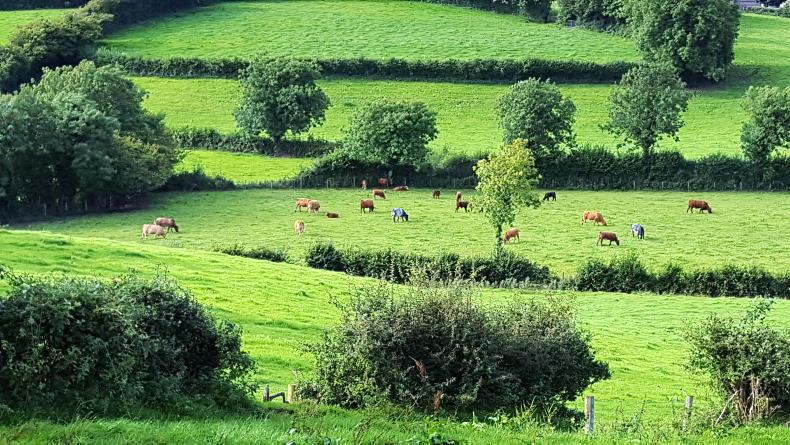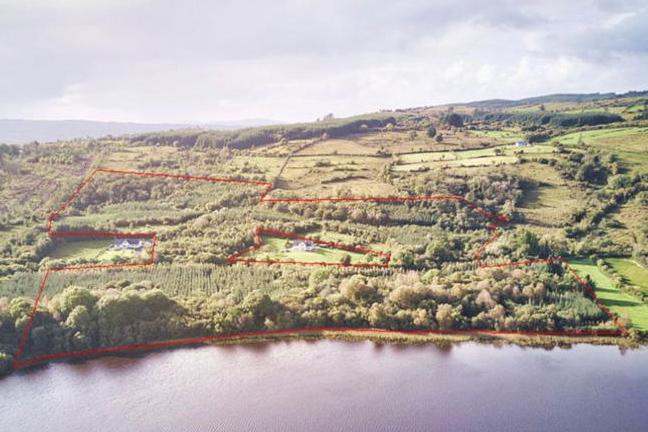It seems like nearly everyone is talking about the RTÉ Investigates programme, which highlighted breaches of calf welfare issues in marts and during export abroad.
As someone who worked for many years in different marts across Ireland, it was very difficult to watch, as normally my first port of call in a mart is to the calf pens for a look across the stock. Never in all my years did I see calves being abused, yet the programme showed us that it goes on.
However, the 99.5% should not be vilified for the actions of a few bad eggs, and hopefully anyone found to have mistreated calves will be dealt with correctly.
The sorry part of it is that none of it is the calf’s fault – they didn’t ask to be born into a world where they can be viewed as nothing more than a commodity.
Bucket-fed orphan
Around our farm, the calves almost get treated better than ourselves, as our single bucket-fed orphan also caused great consternation one morning as he was nowhere to be found in the pasture.
Without even a coffee, the father and I took off to search the surrounding fields to see where the little rascal had escaped to. Knowing he was likely to have joined cattle in the surrounding fields, I first checked next door where dry cows were stocked.
There's nothing like patience when looking for a wee calf's temper.
— Karen McCabe (@LadyHaywire) July 14, 2023
Jigsaw passes the test ?? pic.twitter.com/6RTO3g2p16
Unfortunately, they took umbrage at my intrusion, so a hasty retreat was required before too long.
In the second group, we had more luck – he was merrily running around with a bunch of heifers, though the issue was now retrieving him, as we couldn’t find where he’d poked through the hedge separating the animals.
Thankfully, he remembered his bucket-feeding days and before long, he was sauntering after Dad up the field and over the road, back to where he belonged, and went straight to raiding the first cow he spotted.
I guess that explains why he gave up drinking from the bucket a few weeks ago.
And a Bord Bia inspection, too
Of course, this happened on the morning of our Bord Bia inspection, so there was a rush regardless just to make sure everything was in order before the farm and books got evaluated.
To our delight, we passed with flying colours, with the cattle getting some high praise for both their quality and docility.
I don’t suppose he sees many herds where he’s warned which calf will have the jacket eaten off his back before he notices.
I was disappointed to again see suckler farming being labelled as an area which needs to cut back numbers in order to meet our emissions target.
‘Difficult’ to farm
As mentioned before, we have a 20ha farm on fragmented land with a predisposition to being wet.
Leitrim land, especially in the Drumlin areas where we are, is difficult to farm at the best of times, and finding a product suited to its niche qualities usually leads to sheep, sucklers or dry stock.
While the skeleton of an old Pearson milking machine still sits in what’s fondly called “the dairy” to this day, there’s more chance of Leitrim winning the All-Ireland than of us going into dairy, forestry or God forbid, sheep.
We spent long enough breeding the Friesian traits out of the suckler stock to not put it back in.
No one ever made a difference being like everyone else and if we’re encouraged to go one way, alas, I am more like our errant calf than a placid dairy cow.
Meaning, unless a significant change has to be undertaken, we’re going to carry on farming like we always have.










SHARING OPTIONS